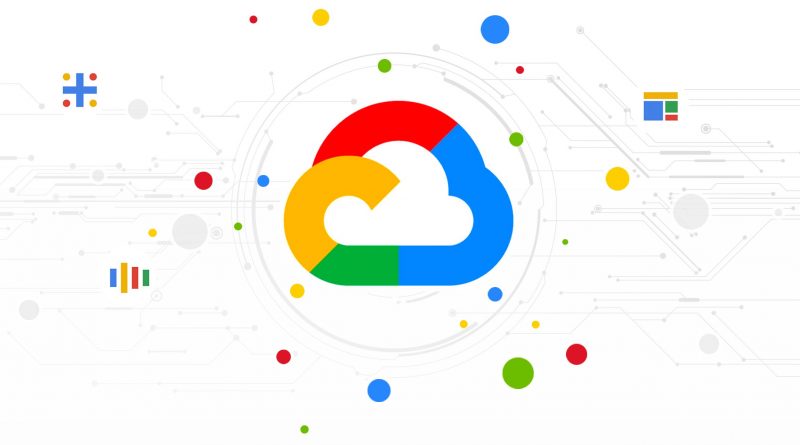Google Cloud commits to a “collective destiny,” providing customers with legal protection and indemnification.
In the realm of generative AI, intellectual property (IP) infringement looms as a significant concern due to its reliance on vast volumes of pre-existing material. This concern often causes hesitancy among businesses venturing into the technology and contemplating its integration. Questions about liability arise when using a vendor’s platform, especially in the event of a copyright claim.
Addressing these legitimate concerns, Google Cloud has taken a proactive step to alleviate apprehensions. The company has made a commitment to indemnify its users against potential infringement claims, emphasizing their “shared fate” with customers. Neal Suggs, VP of legal for Google Cloud, and Phil Venables, CISO for Google Cloud, underscored this pledge, stating that if users face copyright challenges, Google Cloud will assume responsibility for the associated legal risks.
The challenges surrounding IP and copyright persist as more companies adopt generative AI powered by large language models (LLMs) trained on data from the internet, published works, images, and other proprietary content. Renowned authors such as John Grisham, Jodi Picoult, and Sarah Silverman have already filed lawsuits against OpenAI and Meta, alleging IP infringement. The U.S. Copyright Office has initiated a public comment process to address various issues related to the use of copyrighted work to train AI models, copyright liability in the context of AI, the treatment of generative AI outputs mimicking human artists’ styles, and the copyrightability of AI-generated material.
Google Cloud’s commitment follows similar assurances from Microsoft, Adobe, Canva, and others. These companies aim to encourage the use of their products and foster innovation by assuring users that they will not inadvertently become targets of infringement claims. Google Cloud acknowledges that customers have valid concerns about copyright risks associated with generative AI and aims to be collaborative partners in the pursuit of shared innovation, support, and destiny.
To fulfill its promise, Google Cloud has adopted a “two-pronged, industry-first approach.” The first prong covers indemnity related to its use of training data, addressing allegations that Google’s data utilization for training its LLMs and generative AI models infringes on third-party IP. The second prong deals with allegations of IP infringement stemming from the output generated by the AI. This output includes content created by customers in response to prompts or other inputs to Google services.
Google Cloud’s commitment extends to Duet AI in Google Workspace, encompassing generated text in Google Docs and Gmail, as well as generated images in Google Slides and Google Meet. It also applies to various products within the Vertex AI portfolio. However, Google Cloud emphasizes that these indemnities are contingent on customers adhering to responsible AI practices. They will not cover situations where companies intentionally create or use generated output for IP infringement.
Google Cloud asserts that this two-pronged approach offers a “balanced, practical coverage” for potential claims, and customers will automatically benefit from these provisions without needing to amend their existing agreements. The company pledges to cover claims made against customers, whether arising from generated output or Google’s use of training data for generative AI models.
The company’s executives stress that this is just the initial step, and they are committed to supporting customers as generative AI continues its rapid evolution. With these protections in place, Google Cloud aims to provide businesses with the confidence they need to harness the full potential of generative AI.

